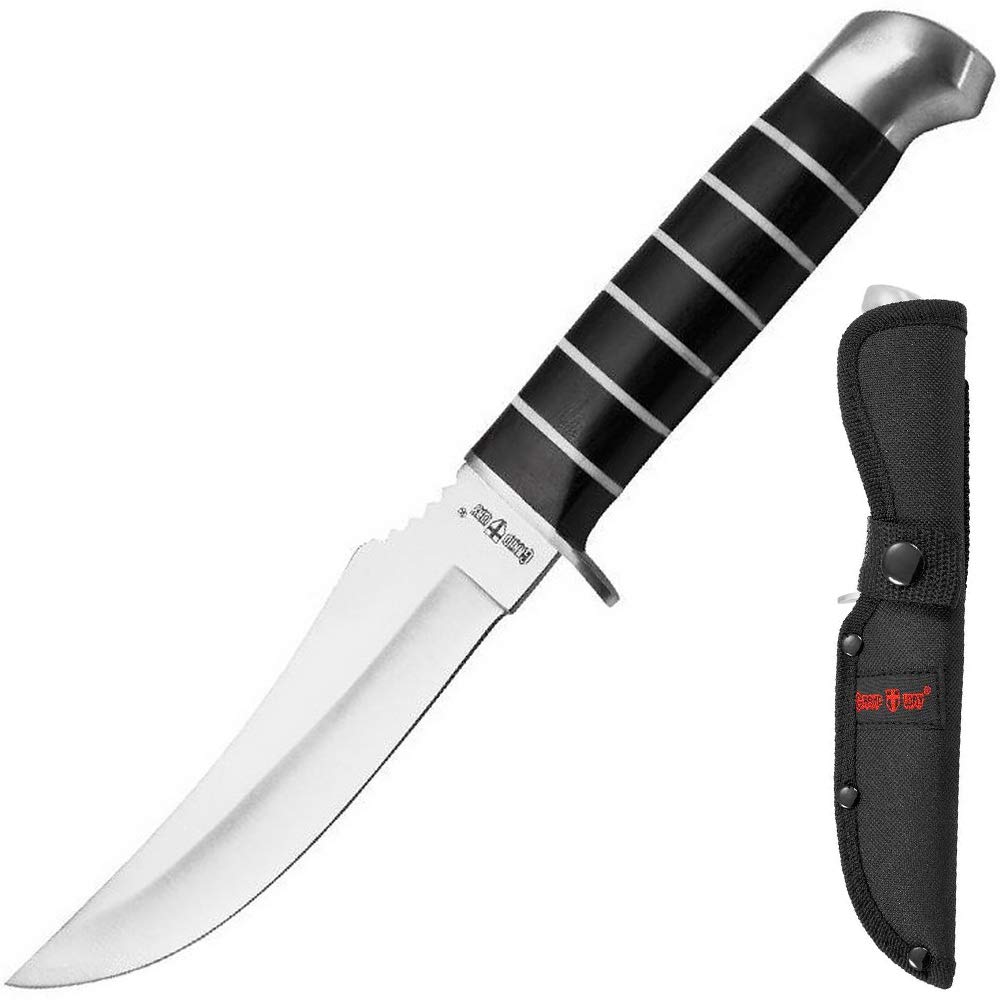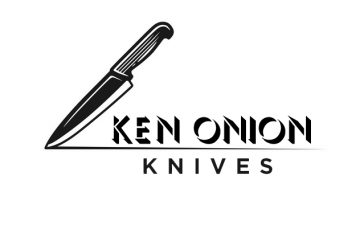
CTS-XHP
CTS-XHP is a stainless steel that is commonly used in the knife industry. It offers a high degree of corrosion resistance, toughness, and edge retention.
In addition to its durability, CTS-XHP is extremely easy to sharpen. Unlike other steels, it does not deform or become brittle after a sharpening session. The steel is also resistant to chipping.
This is a relatively new knife steel that was designed and manufactured by Carpenter. Carpenter metallurgists formulated it in their own proprietary Micro-Melt powder metallurgy. They worked hard to create an alloy that has a unique composition and the characteristics of a high-carbon and chromium-content steel.
Carpenter invited leading knife designers to test the properties of the new CTS-XHP. Their test results showed the advantages of this alloy.
CTS-XHP is one of the hardest and rust-free steels on the market. Compared to D2 steel, it has a higher hardness, toughness, and corrosion resistance. But it does not offer the same level of ease of sharpening.
CTS-XHP can be purchased for a variety of uses. It is a great choice for outdoor activity and for wet environments. For example, it can be used for slicing, mincing, and dicing.
This steel is also used in flippers and other specialty knives. The CTS-XHP is made from an alloy that contains 0.5 percent manganese, 1.6 percent carbon, and 0.8 percent molybdenum. These elements combine to increase hardness, machinability, and brittleness.
Some manufacturers coat XHP knives to add corrosion protection. Other manufacturers simply apply an oil treatment to inhibit corrosion. While it is not recommended for use in harsh environments, it will withstand daily wear and tear.
CTS-XHP can be found in many high-end knives. It is considered an ultra-high carbon and chromium alloy. Because of its excellent performance and reliability, it is a top choice for fixed blade knives. However, it has a number of drawbacks.
Besides the higher cost, these steels are more difficult to sharpen. Blades made of these types of steel are best for survival and larger, heavy-duty fixed blades.
Carpenter’s CTS-XHP is used in the Chaparral Series of folding knives and in eight Spyderco knives.
CPM S110V
If you are in the market for a top-of-the-line fixed blade knife, then you have probably already heard of the CPM S110V alloy. This steel is considered to be the ultimate in wear resistance. It is also known to be extremely tough. However, the cost of this steel may be a drawback for some. Fortunately, there are some alternatives. Read on to find out more about these.
The CPM S110V is an alloy that is made with generous amounts of chromium, vanadium, and niobium. These are the key elements that combine to give this steel a high level of wear resistance. In addition, it has excellent corrosion resistance, which is important to anyone who plans on using their knives on a regular basis.
When it comes to sharpening, the CPM S110V can be a bit tricky. But it isn’t impossible to get a fine edge. You will simply need to take more time with your sharpening.
There are some other options for knife steels that aren’t as hard, but still boast superior edge retention. One option is the Carpenter CTS-XHP. Another is the ZDP-189 by Hitachi. Both of these are powder metallurgy steels. They are some of the most expensive blade steels available, but they can produce some of the best edges.
Other options include the VG-10, AISI 1095, 420HC, and 8Cr13MoV. Although these steels aren’t quite as tough as the other high-end choices, they are good for everyday use.
The Carpenter CTS-XHP is a relatively new knife steel. It is made from powder metallurgy and has excellent edge retention. However, it is not as easy to sharpen as the other options.
For those who are looking for a more traditional knife, the S35VN is the way to go. It is slightly less hard than the S110V, but it is easier to work with. While it does not offer the same edge retention, it is a much better choice for those who want to use their knives for heavy use.
Finally, there is the CPM S30V. These steels are typically manufactured by US companies, such as Crucible. Traditionally, Opinels are made with low-alloy tool steels.
